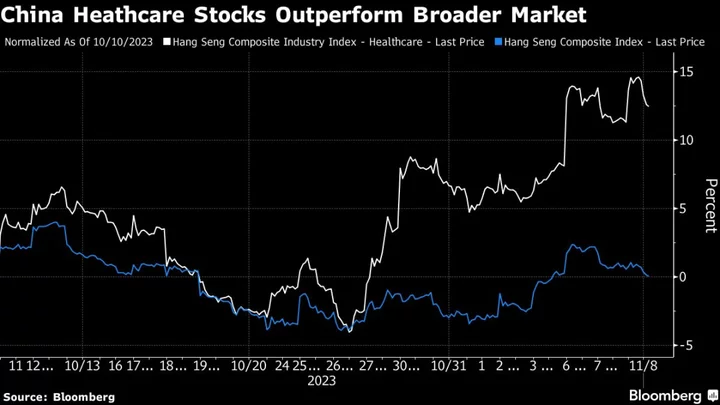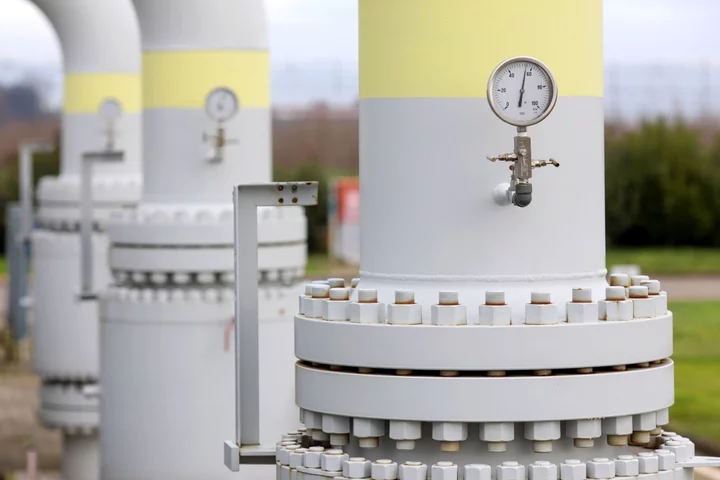The amount of debt facing heightened exposure to environmental risks has more than doubled to over $4 trillion in less than a decade, according to Moody’s Investors Service.
Sixteen sectors currently face “high or very high environmental credit risk,” compared to just nine sectors in 2015, Moody’s said in a report Tuesday. Among the most exposed include oil and gas, mining and chemicals, according to the report. The ratings provider explored the potential credit impact from environmental pressures — including climate change, waste and pollution — on 90 sectors accounting for $82 trillion of debt.
“A range of global sectors will see their ability to pay their debts exposed to potentially greater risk from rising sea levels, hurricanes, carbon emissions, pollution, threats to biodiversity, and other environmental pressures,” Moody’s said.
The report comes just days before the start of the COP28 climate change conference in Dubai, where politicians, diplomats, financiers and business leaders will meet to discuss how to address the devastating effects of global warming on the planet.
Read more: Making Sense of the Oil Kingdom’s Climate Summit
The corporate finance segment accounts for the bulk of debt facing high environmental credit risk, with companies in the oil and gas industry account for about $1.7 trillion of the $4 trillion figure. Chemicals represents about $594 billion.
Banks, while facing low credit risk from environmental factors, face mounting pressure from customers, investors and regulators to meet carbon transition targets, according to the report.









